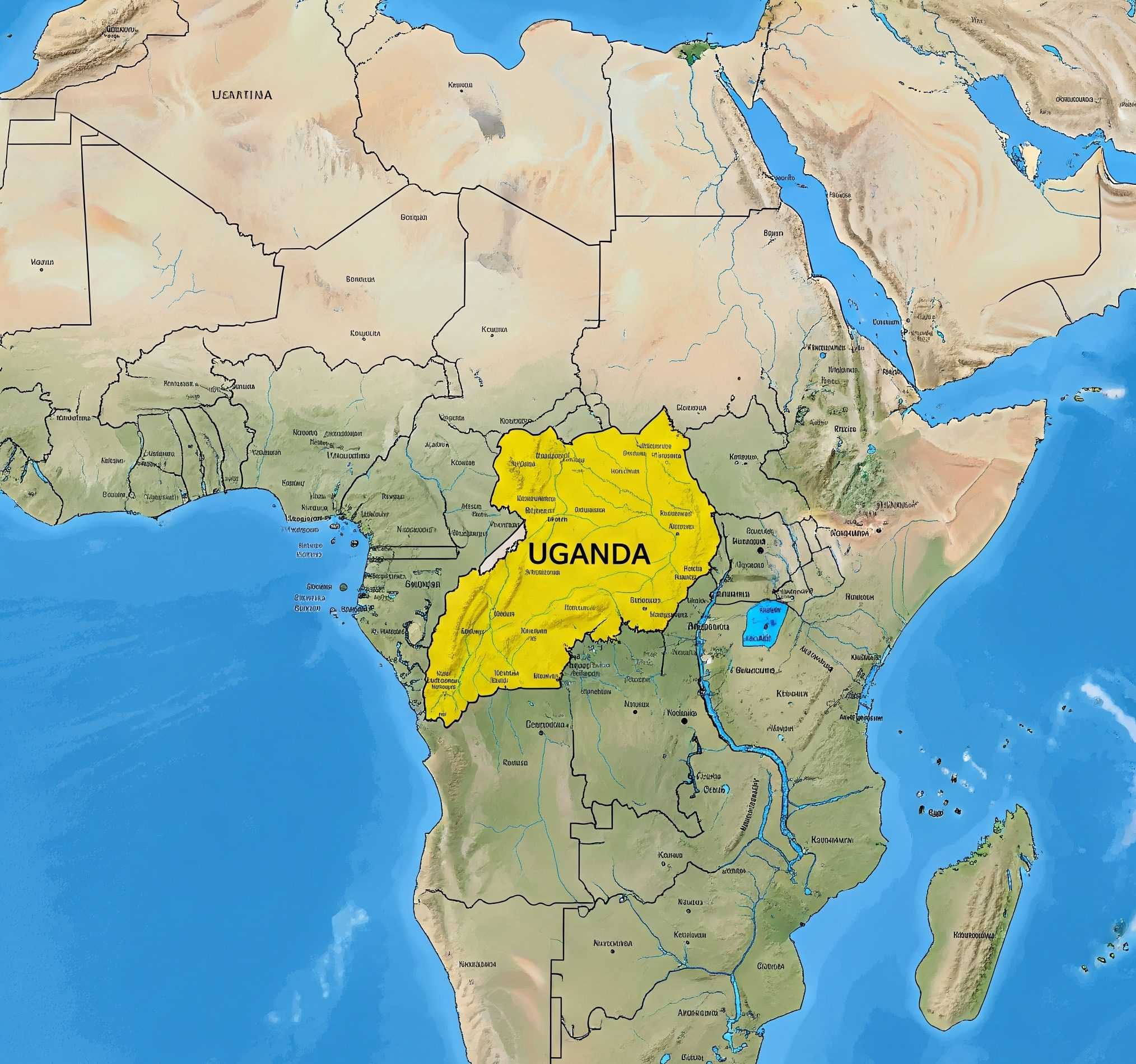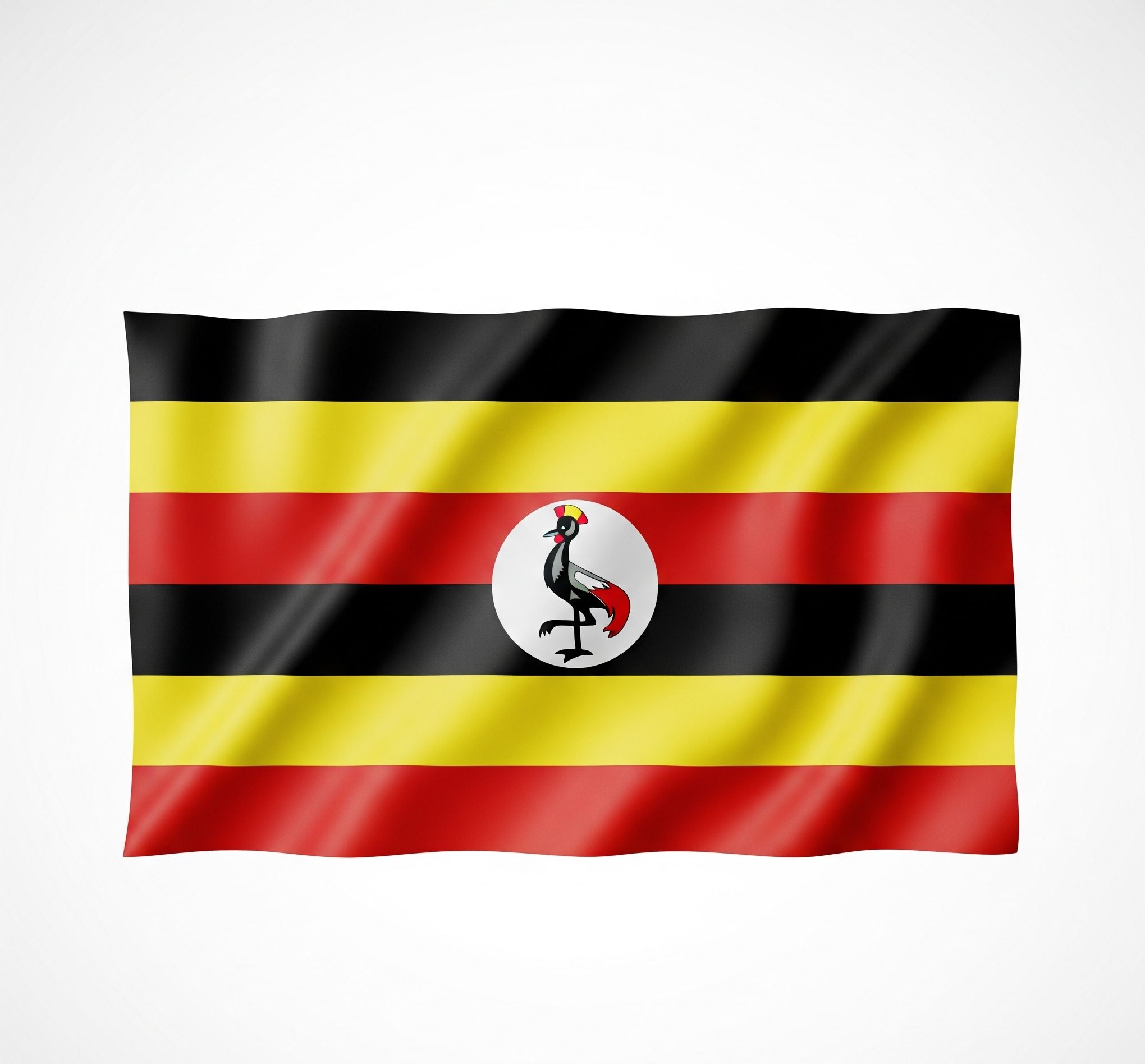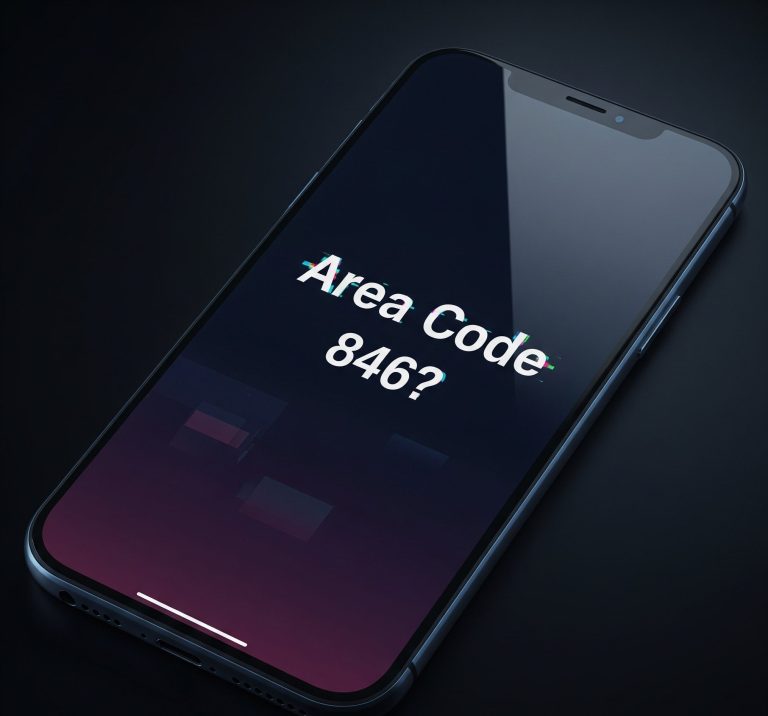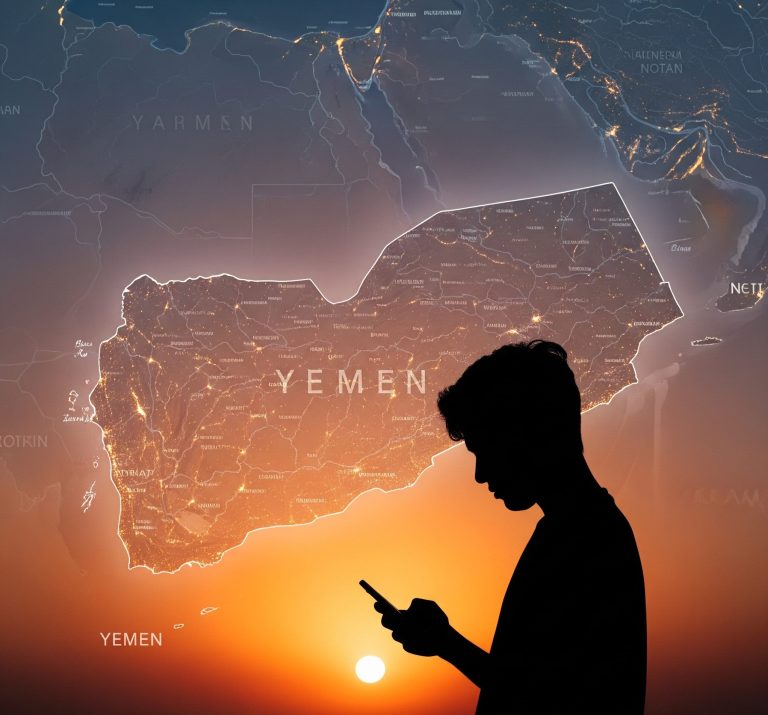In an increasingly interconnected world, understanding international dialing codes is essential, whether you’re conducting business, connecting with loved ones, or simply satisfying your curiosity about global communication. For many Americans, a specific three-digit code might occasionally appear on their caller ID or be needed when reaching out across borders: the 256 country code. While this number might initially bring to mind domestic area codes within the U.S. (like the one serving parts of Alabama), it actually signifies a connection to a vibrant and geographically distant nation.
Contents
The 256 Country Code: Unpacking Its Origin
The 256 country code is assigned to Uganda, a country nestled in East Africa, known for its diverse landscapes, rich cultural heritage, and burgeoning economy. The International Telecommunication Union (ITU) is responsible for assigning these unique country codes, which are a vital component of the global telephone numbering plan. Each code ensures that calls are routed correctly to their intended destination, making seamless international communication possible.
For Americans, distinguishing between a domestic U.S. area code and an international country code is paramount. While both use three digits, the context of how they are used in dialing is what sets them apart. A call to a U.S. number with a “256” prefix would typically be a local or long-distance call within the United States, usually to Alabama. However, when you see a “+” symbol followed by “256” (e.g., +256), or if you are dialing internationally from the U.S., you are engaging with the international country code for Uganda.
Making International Calls to the 256 Country Code from the U.S.
If you find yourself needing to dial a number with the 256 country code from the United States, the process is straightforward but requires a few specific steps.
First, you’ll need to dial your international exit code. For callers in the U.S. and Canada, this code is “011”. This tells your phone carrier that you’re making an international call.
Next, you’ll enter the 256 country code itself.
Finally, you’ll dial the specific national significant number (NSN) for the recipient in Uganda. Ugandan phone numbers generally adhere to a 9-digit format following the 256 country code, making the full international dialing sequence from the U.S. look something like this: 011 + 256 + [9-digit Ugandan number].
It’s important to note that mobile and fixed-line numbers in Uganda have been standardized to nine digits. If you encounter an older, shorter number, you might need to insert a ‘2’ after the initial two-digit prefix (e.g., for mobile numbers starting with ‘7X’, add ‘2’ after the ‘7X’). However, for the most part, modern numbers will already be in the 9-digit format.

Understanding Time Zones and Best Practices
When calling a country with the 256 country code, it’s crucial to be mindful of the time difference. Uganda operates on East Africa Time (EAT), which is UTC+3. This means Uganda is 7 hours ahead of Eastern Daylight Time (EDT) in the U.S., and 8 hours ahead of Eastern Standard Time (EST). For example, if it’s 10:00 AM EDT in New York, it’s 5:00 PM in Uganda.
Consider these tips for a smooth international calling experience:
- Check the time difference: Always verify the current time in Uganda to avoid calling at inconvenient hours, such as late at night or very early in the morning.
- Verify the full number: Double-check that you have the complete and correct 9-digit local number after the 256 country code.
- Be aware of potential costs: International calls can incur higher charges than domestic calls. Check with your mobile or landline provider about international calling rates or consider using Voice over Internet Protocol (VoIP) services or international calling apps, which often offer more affordable rates.
- Consider communication apps: Many popular messaging and calling apps allow for free or low-cost international calls over Wi-Fi or data, which can be a cost-effective alternative for ongoing communication.
The Significance of Global Connectivity
The ease with which Americans can connect with individuals and businesses using the 256 country code highlights the incredible advancements in global telecommunications. What once required complex operator assistance or expensive international calls is now often just a few taps away on a smartphone. This connectivity fosters international trade, supports diaspora communities in staying in touch with their homelands, and facilitates cross-cultural understanding.
conclusion
while the number “256” might resonate with a domestic area code for many Americans, its identity as an international country code for Uganda represents a gateway to connecting with a different part of the world. Understanding how to use the 256 country code effectively ensures that your calls reach their intended destination, bridging distances and fostering global connections in our increasingly interconnected society.







